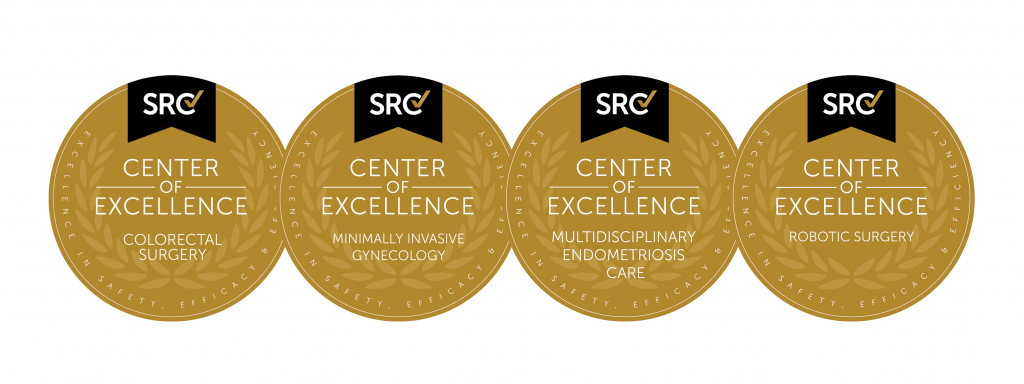
Wear your purple this week in support of Gynecological Cancer Awareness Month. The month of September brings awareness to women’s reproductive health concerns including ovarian cancer and gynecological cancer. Gynecological cancer includes any cancer affecting a woman’s reproductive organs such as cervical, ovarian, uterine, endometrial, vaginal and vulvar.
According to Yale Medicine, gynecologic cancer occurs when there is rapid growth and spread of cancer cells in one or more of the female reproductive organs. Yale Medicine notes that gynecological cancer is less common than other cancers like breast cancer, affecting approximately 100,000 U.S. women each year. Early detection of any gynecological cancer is key to treatment. Yale Medicine gynecological oncologist Gloria Huang, MD, FACOG says “some of these [cancers] present as pre-cancers that are easily treated when detected early, and many early-stage cancers, such as stage I endometrial cancer, are cured just with surgery alone, the vast majority of the time.”
According to Penn Medicine, gynecological risk factors vary depending on the cancer type. While limiting risk factors is recommended, they are also not a conclusive indicator of developing cancer.
Common risk factors within an individual’s control include:
- Managing health conditions like diabetes or hypertension
- HIV infection or AIDS
- Hormone replacement therapy use after menopause
- Human papillomavirus (HPV) infection
- Obesity
- Smoking

Common risk factors outside of an individual’s control include:
- Abnormal growths on the endometrium or uterus lining, like endometrial polyps and precancerous cell changes (hyperplasia)
- Being age 50 or older
- Utero (in the womb) exposure to diethylstilbestrol (DES)
- Genetic predispositions to mutations regarding BRCA1 and BRCA2 genes
- Having never been pregnant
- Menstrual complications such as infrequent periods
- Family history of cancer especially breast, ovarian or colon
- Polycystic ovary syndrome (PCOS)
Prevention of any illness is always the best method. As such, there are some ways to prevent or mitigate the impact and spread of cancer through early diagnosis and treatment. Some prevention methods include:
- Making sure to get an annual pelvic exam and pap smear
- Being tested for HPV or being vaccinated against HPV
- Utilizing genetic testing to increase understanding of your predisposition to developing cancer.
Each type of cancer may present unique signs and symptoms, however, some common signs and symptoms of gynecological cancer include:
- Abnormal vaginal bleeding or discharge
- Itching or burning of the vulva
- Changes in urination frequency, and bowel changes (diarrhea or constipation)
- Changes in the physical appearance of the vulva such as color, rash, sores or warts
- Pain in the body including the back, stomach, pelvic region, and pressure or bloating
Early intervention and treatment of any gynecological cancer is important for successful remediation and recovery. According to the CDC Some treatment options may include surgery to remove the cancerous tissue, chemotherapy and radiation. It is important to talk with a trusted gynecologist about your concerns of developing gynecological cancer or symptoms you may be experiencing. Finding a knowledgeable provider that specializes in women’s care and gynecology is important to prevention and treatment of these cancers.
SRC accredits the top industry professionals in women’s healthcare in the field of minimally invasive gynecology, endometrial issues, and the use of robotic surgery within these disciplines. As an unbiased nonprofit patient and safety organization, SRC has developed internationally recognized high standards of excellence in patient care and safety that each of our accredited providers adhere to so patients can be assured they are in the hands of an expert. Look for SRC’s gold seal and expect excellence. To find an SRC-accredited provider in the field of gynecology, utilize our Find A Provider tool on our website.

If you are a provider and interested in becoming SRC accredited as a Center of Excellence, Surgeon of Excellence or Master Surgeon, contact us to learn more about our women’s healthcare accreditation programs including accreditation in:
- Colorectal surgery
- Minimally Invasive Gynecology
- Multidisciplinary Endometriosis Care
- Robotic Surgery